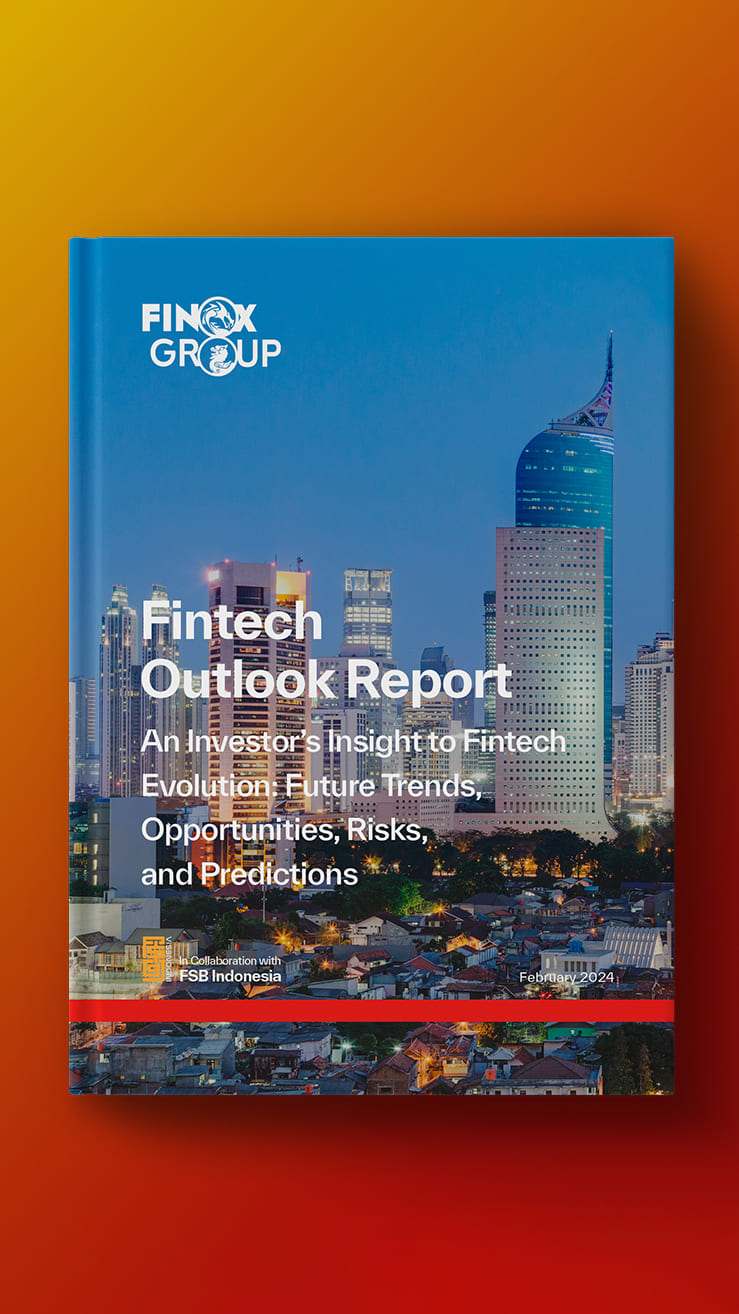
Introduction
While the pandemic is making life more difficult for low-income people, it hastened the adoption of digital tools that can help create a more inclusive economy and foster fintech growth in Indonesia. Only a brave reinvention of our economy will enable us to deal with the challenges we face and answer the age-old debate of how we can seize the moment to create a new inclusive economy.
With fintech, we can start seizing the opportunity to build a new, inclusive economy by providing more people with the tools they need to thrive. Statistics suggest that Africa has the most mobile money users, with over 349 million mobile money accounts active in 2022. Our economy is simply not working for many places and people. Tweaking around the edges of our current economic models will not suffice to address this.
This guide explores the various ways in which fintech is redefining the game by aiding in the creation of a new inclusive economy.
Ways Fintech is Altering the Economic Scene
People are adopting digital financial services in greater numbers than ever before. The emergence of these new technologies has enormous potential to assist small companies, and families achieve more successful, safer, and healthier lives by promoting sound financial practices and opening doors to the rise of fintech growth in Indonesia and the overall digital economy. And while many people still lack the necessary skills and access to technology, fintech can be adaptable.
The following are some of the ways fintech is altering the economic landscape:
-
Focusing on Greater Development Objectives:
Financial services accessibility is crucial to attaining economic growth and prosperity. As a result, inclusive fintech businesses have emerged as key partners in furthering wider global development goals such as climate resilience, expanding access to education, and enhancing healthcare.
-
Incorporating Financial Tools:
Fintech may incorporate financial services into any business, from utilities to merchants, using embedded finance. This innovative strategy has significantly increased the reach of financial services and produced value for clients who are just beginning to use financial instruments.
-
Offering High-Quality Educational Services:
Fintech is also facilitating access to high-quality education. These firms provide education and goods to low-income families and the institutions that serve them in Indonesia, where 90 percent of universities and colleges are private, and state education alternatives are limited. And, when schools swiftly transitioned to virtual learning during the pandemic, fintech provided financial support to help cover unanticipated expenses of digital transitions.
-
Women’s Empowerment:
The economy’s gradual shift to digital adoption exposes the digital gap and puts individuals with poor digital capabilities, particularly women, at a disadvantage. Fintech can play a significant role in providing women with economic possibilities and the digital skills they need to prosper in the contemporary economy.
-
Global Farmer Assistance:
Fintech businesses provide data-driven insights and agricultural insurance to over 4.7 million historically excluded farmers in Asia and Africa, assisting them in increasing crop yields and building resilience to periodic floods and droughts. A Kenyan fintech company uses technology to assist farmers in establishing financial and climatic resilience through insurance, mobile money accounts, farming goods, financing, and targeted guidance.
Ways of Creating A New Inclusive Economy
With the COVID-19 epidemic continuing, the public discussion regarding economic recovery has heated up. We know that this epidemic has hurt the mental health of communities and individuals, particularly those who already had restricted access to mental and physical health care. We also know that income losses increase these difficulties.
Social workers are important in influencing this debate and defining the recovery, particularly for those most vulnerable to economic downturns. The Bevan Foundation believes that companies are critical to achieving inclusiveness and prosperity. These enterprises supply goods and services, generate income, and give employment.
New enterprises can give competition and choice and a breeding ground for growth. Therefore, the number of firms is an important factor in local economic success. It is not unexpected that company expansion has been a cornerstone of economic development for many years, whether by assisting new business beginnings or recruiting inward investors.
There are three distinct attributes of local firms that contribute to inclusion.
- Responsible: Any form of business can be responsible, but social firms, whose sole purpose is to assist the community, may be able to make the greatest contribution to an inclusive economy. Businesses of all sizes are dedicated to helping their community through activities in an inclusive economy.
- Embedded in the economy: Many firms in an inclusive economy are an intrinsic component of and entrenched in the local economy. They obtain considerable materials and labor locally due to their deep integration with the local economy. In this way, embedded firms serve to recirculate and keep wealth in a community.
- Diverse entrepreneurs: In an inclusive economy, successful entrepreneurs come from various backgrounds, including disabled individuals, women, older/younger employees, and ethnic minorities.
Wrap Up
Fintech growth in Indonesia can potentially transform people’s social and economic lives throughout Southeast Asia. Some of these businesses already offer supply-chain services like inventory management and procurement. By enabling these businesses to grow, the chances of creating a more inclusive economy go up.













